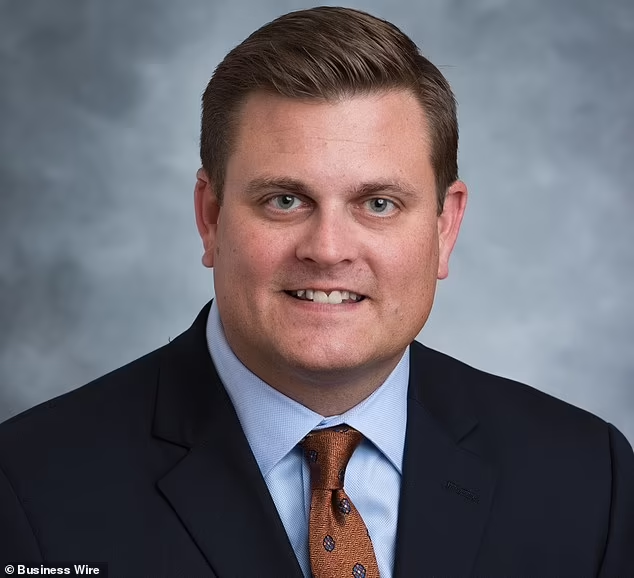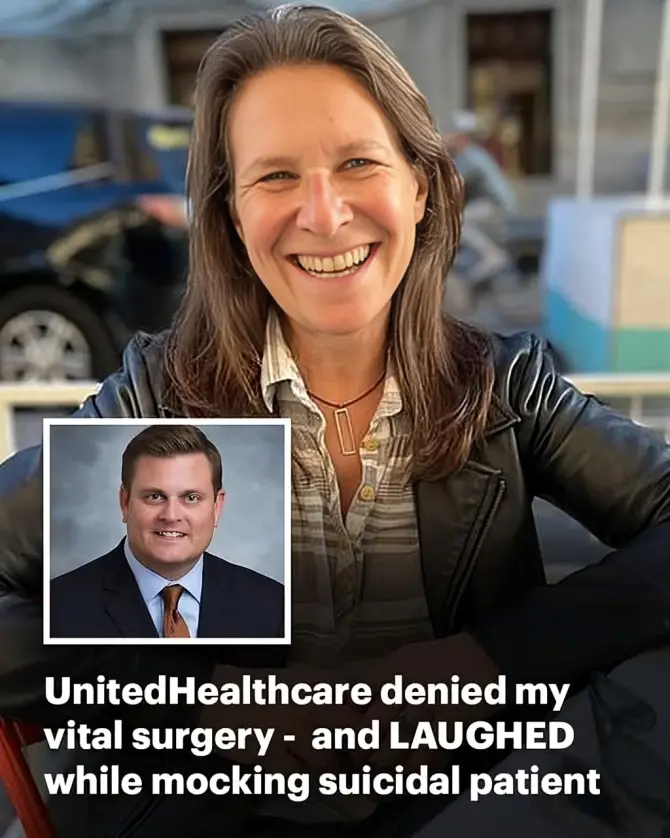The Brooklyn mom of three was about to have a surgery that could restore her hearing. She had lost it suddenly after a COVID infection in the summer of 2022. Her doctor, Dr. Babak Sadoughi, was ready to begin.

But then, just moments before the operation, her insurance company, UnitedHealthcare, denied approval. The company said the procedure was “not medically necessary.”
A nurse, removing the anesthesia line from her arm, said, “I’ve seen them deny care, but not like this.” Copaken was devastated. She went home, still unable to hear.
“I felt hopeless,” she said. “They were sentencing me to a life of silence.”

She tried to appeal but was denied again. Her doctor argued it was essential, but the company said the procedure wasn’t effective enough. A year later, in October 2023, her new insurance, Fidelis, approved the surgery immediately. After the operation, Copaken said, “I felt relief, but I’ll never know how much better it could’ve been if I had it earlier.”
Chris McNaughton, a Penn State law student, also battled UnitedHealthcare. He suffers from ulcerative colitis, which caused severe arthritis, fatigue, and blood clots. In 2020, United delayed and then denied payments for his treatment, labeling his case a “high-cost account.”
Employees laughed while discussing his denial, according to court documents. His treatment was finally covered after a long fight, but McNaughton said, “They lied. It crushed me.”
Other patients like Jenn Coffey and Alyssa Bellamy shared similar struggles. Coffey, living with severe pain from CRPS, had to fight for coverage, often receiving just a few dollars towards her treatments. Bellamy, a diabetic teacher, had her medication approval delayed, leaving her without necessary doses for weeks.

“It’s like a game,” Coffey said. “How much profit do they need?”
These stories highlight the challenges patients face in accessing timely care, especially with for-profit healthcare systems.
